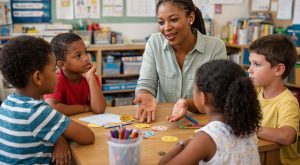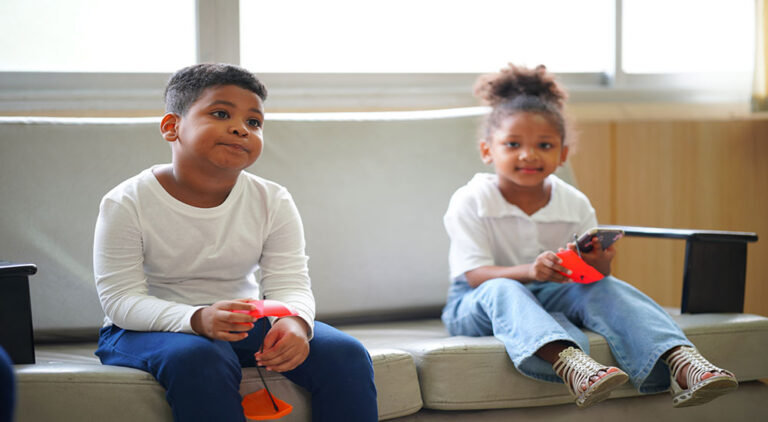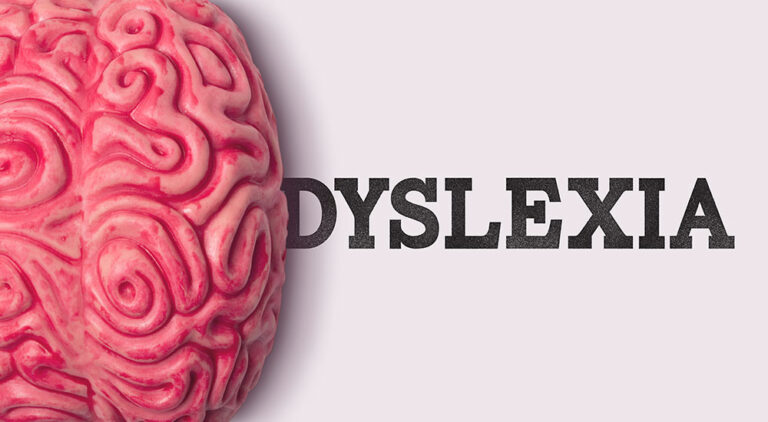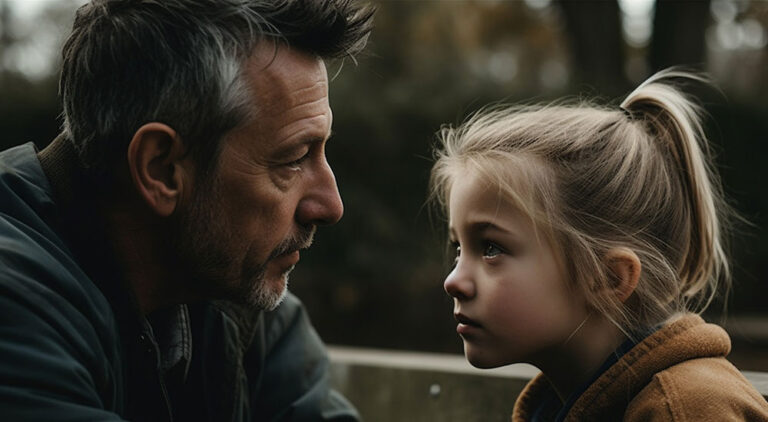Early childhood is a crucial time for intellectual development
Brain power in young children needs a combination of proper nutrition, stimulating activities, emotional support, and a nurturing environment. Early childhood is a crucial time for intellectual development. Parents, caregivers, and educators play a vital role in developing the growth of a child’s brain power.
 A balanced diet rich in essential nutrients are important for brain development. Omega-3 fatty acids, found in fish and nuts, support intellectual function. Vitamins and minerals such as iron, zinc, and B vitamins help memory and concentration.
A balanced diet rich in essential nutrients are important for brain development. Omega-3 fatty acids, found in fish and nuts, support intellectual function. Vitamins and minerals such as iron, zinc, and B vitamins help memory and concentration.
Shared play is vital for mental growth. Puzzles, building blocks, and storytelling help with problem-solving and creativity. Educational games and hands-on experiments stimulate curiosity and encourage logical thinking. Exposure to different languages or musical instruments helps to build resistance to anxiety and boosts intellectual alertness.
Movement is closely linked to brain health. Outdoor play, dancing, and sport improve coordination, concentration, and mood. Physical activity increases blood flow to the brain and helps develop brain function and memory retention. A balance of structured and free play promotes discipline and creativity.
 Quality sleep is essential for brain development. Your youngster needs more sleep than you because his/her brain is being fed so much information – and the brain grows during rest. A bedtime routine, free from TV and cell phone viewing before sleep, ensures proper rest and mental alertness.
Quality sleep is essential for brain development. Your youngster needs more sleep than you because his/her brain is being fed so much information – and the brain grows during rest. A bedtime routine, free from TV and cell phone viewing before sleep, ensures proper rest and mental alertness.
Your child’s emotional well-being directly affects his/her intellectual ability. Supportive relationships, loving interactions, and active listening help develop confidence and character. Encouraging open communication allows children to share their thoughts and emotions. It, therefore, helps with problem-solving and self-awareness.
Reading increases children’s vocabulary, comprehension, and critical thinking. Conversations develop verbal skills and reasoning powers. Exposure to books, storytelling, and discussion encourages imagination and helps children understand complex ideas early on.
 Too much screen exposure is bad for attention span and social skills. Educational content, in moderation, ensures that digital media enhances rather than detracts from learning. Outdoor activities and in-person interactions help promote meaningful thinking.
Too much screen exposure is bad for attention span and social skills. Educational content, in moderation, ensures that digital media enhances rather than detracts from learning. Outdoor activities and in-person interactions help promote meaningful thinking.
By combining all these approaches, you can create a well-rounded environment that gives the young brain the chance to develop to its maximum, thereby setting your child up for lifelong learning and success.










